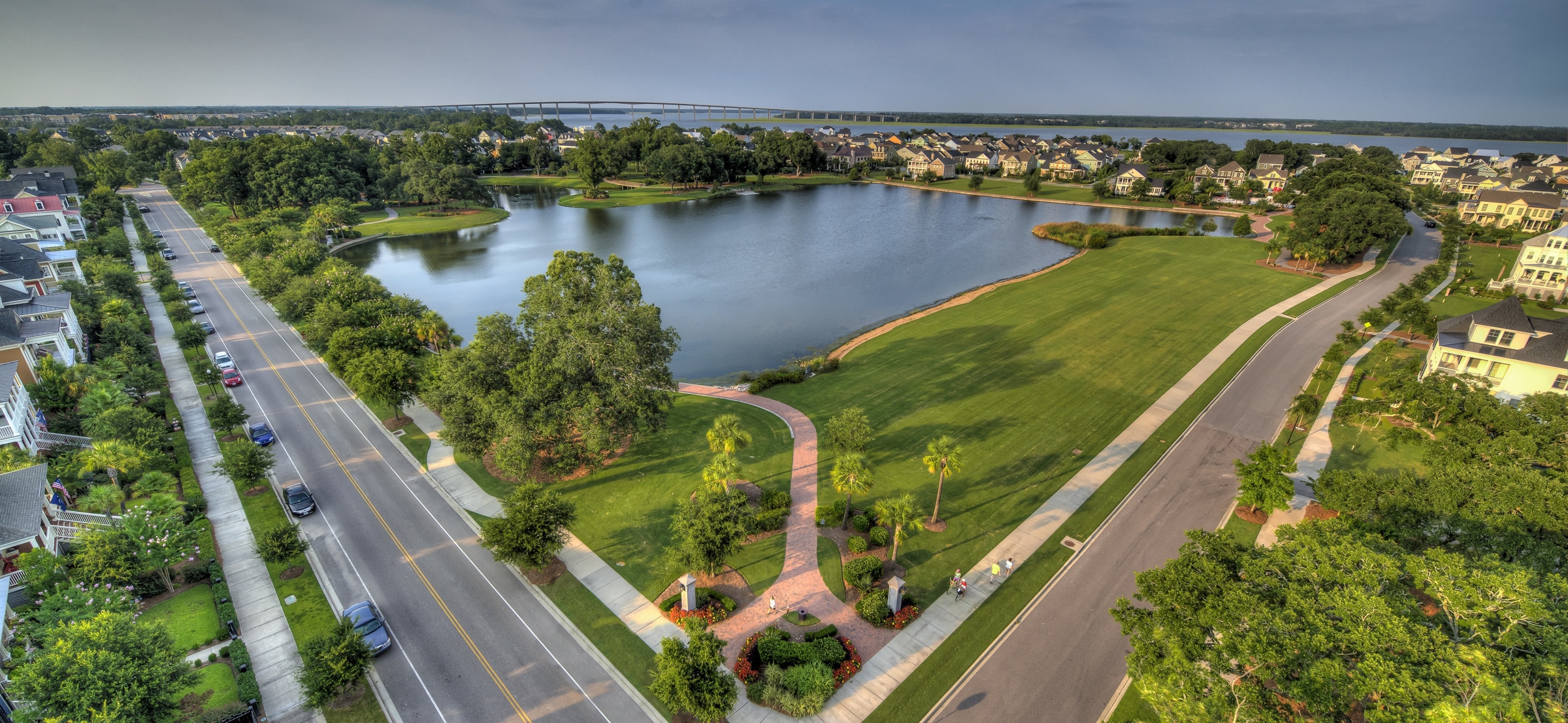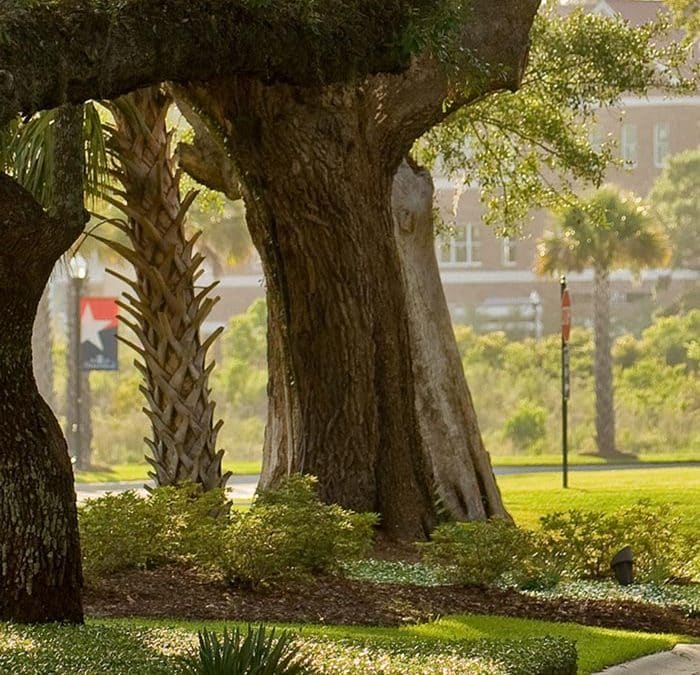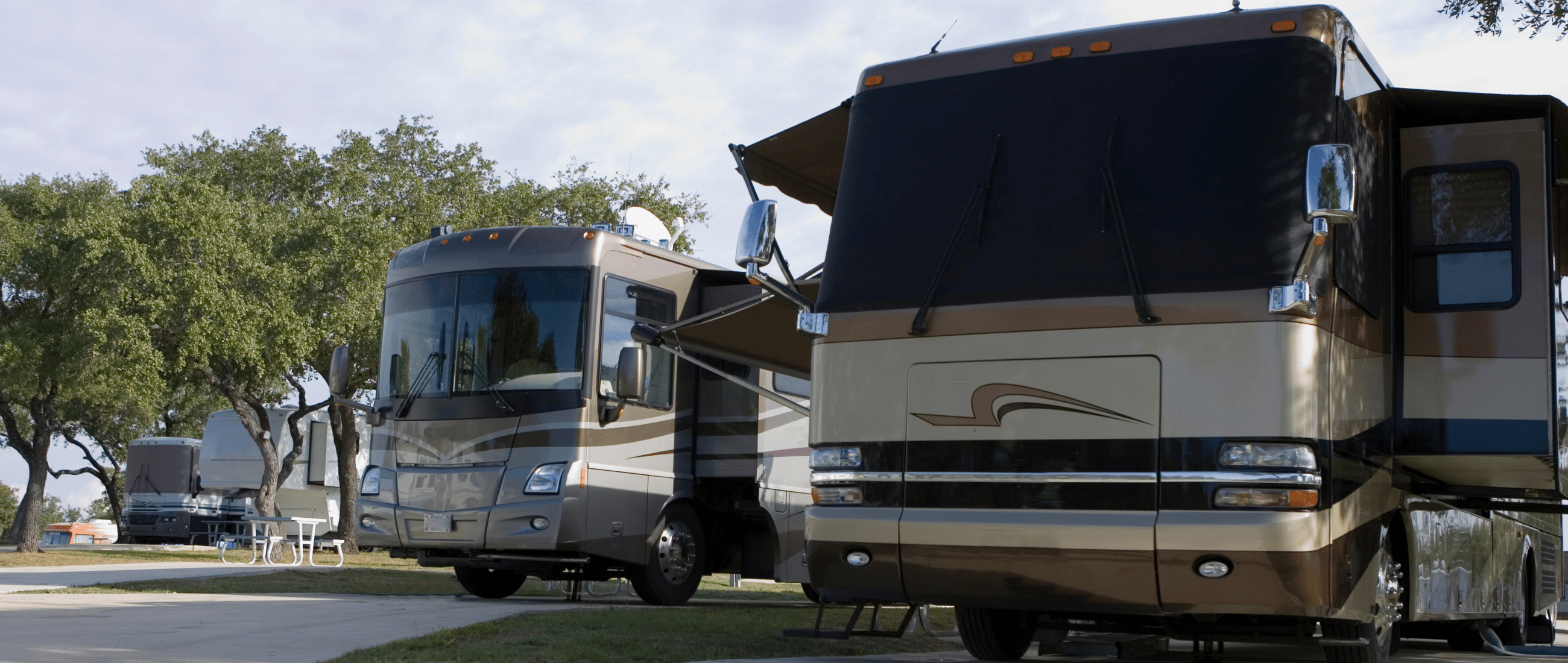As residents of this great island community, we have grown accustomed to the beauty of the picturesque landscapes at our homes, our common areas, or the golf course with wildlife, such as deer, alligators, squirrels, foxes, and even coyotes. Our interaction with local wildlife can be fascinating at times but also can become less than optimal. Since we share our environment with wildlife, it is our responsibility to minimize the potential for undesirable interactions with them.
We have outlined below some important safety tips and recommendations for residents. If you have any questions or would like to report a nuisance alligator or coyote, please contact the POA office at 843-971-9200, and we will report it to our SCDNR experts.
Here are some recommendations:
- All pet foods should be properly stored in an enclosed area, such as a garage or house.
- Never leave pet bowls for food and water outside for extended periods.
- Make certain all outside pets are secured in a gated or enclosed area.
- Ensure all garbage containers are securely fastened and located in an enclosed area.
- Never intentionally throw items at, approach, or feed squirrels, deer, foxes, coyotes, and especially alligators.
- Always be aware of your surroundings when near marshes and/or ponds.
- Wildlife activity is naturally higher during nighttime so be more mindful of your surroundings during evening and early morning hours.
Despite our best efforts, there may still be a rare occurrence of the nuisance animal. In these circumstances, here are our recommendations.
- If nuisance animals, such as alligators, are located in POA common areas for an extended period, please call the POA immediately at (843) 971-9200
- If nuisance animals are intruding on your property, here are some links for your reference.
FAQs Regarding Alligators And Public Safety
Alligators are incredibly adaptable animals and have existed for millions of years. Remember, it is against the law to feed or otherwise harass alligators. This includes activities, such as throwing sticks or rocks. When people feed alligators, they will begin to associate people with food, creating a very dangerous situation.
Q: What is a nuisance alligator?
A: A nuisance alligator is an individual alligator that has become a significant public safety risk. This typically occurs when an alligator has been fed and has lost its inherent fear of people.
Q: What happens when the POA gets a call about a nuisance alligator?
A: The Daniel Island POA calls our alligator consultants who have over 25 years of experience. Based on SCDNR and the National Wildlife Control Training Program, the alligator specialist evaluates and tests the alligator. During the evaluation process, the specialist will go through a series of tests to see if the alligator is threatening/aggressive.
Q: What happens after the evaluation?
A: If the specialist deems the alligator non-threatening, the alligator is left alone. If the specialist deems the alligator threatening, the alligator will be properly removed according to SCDNR’s rules and regulations. Not all alligators have to be removed.
Q: Why do you have to remove an aggressive/threatening alligator?
A: The POA follows Federal and State guidelines for the removal of tested, aggressive alligators for public safety.
Q: What can you do as a resident to help?
A: It is critical that people do not feed or taunt alligators so that we may co-exist with native wildlife and meet our public safety needs. Please pass the message on to others and children to not throw anything at the alligators or feed the alligators at any time. Feeding or harassing alligators is illegal under South Carolina State Law. When feeding the alligators or throwing items at them which simulates feeding, the alligator will associate humans with food and will no longer have a natural fear of humans. All pets must be kept on a leash when walking and do not let them near or in the waterways.
If you have any questions or concerns regarding an alligator in a pond/lake near you, please call our office at (843) 971-9200.
For more information, please view this SCDNR Alligator Publication HERE.
FAQs Regarding Coyotes And Public Safety
Q. What can residents do to minimize coyote interactions and peacefully coexist with them?
A. Outdoor cats need to become indoor cats, at least during the night to minimize the likelihood that coyotes will predate them.
Fenced yards may help reduce predation on smaller pets, and coyote-proof fencing may be needed. Small animals should be kept inside at night. All pets must be kept on a leash when walking around.
If you see a coyote, treat it just like you would any other strange dog. Do not run away. If you have a small animal, pick it up and begin to back away.
- Make noise – Make it uncomfortable for it to hang around. Coyotes are generally very fearful of people.
- Would not be a bad idea when walking between dusk and dawn to carry a walking stick that could be used as a defensive weapon.
- Try to keep brush areas trimmed back to reduce hiding places on your property.
- Check your yard to look for hiding places, such as under sheds, porches, or decks, and close them off.
- Also, check your yard for any potential food items and pick them up (including wild fruits).
For more information, please view this SCDNR Coyote Publication HERE.
To report sightings or if you have additional questions, please contact Dave Perry, Field Operations Manager at Dave.Perry@dicommunity.org or (843) 847-9610.






